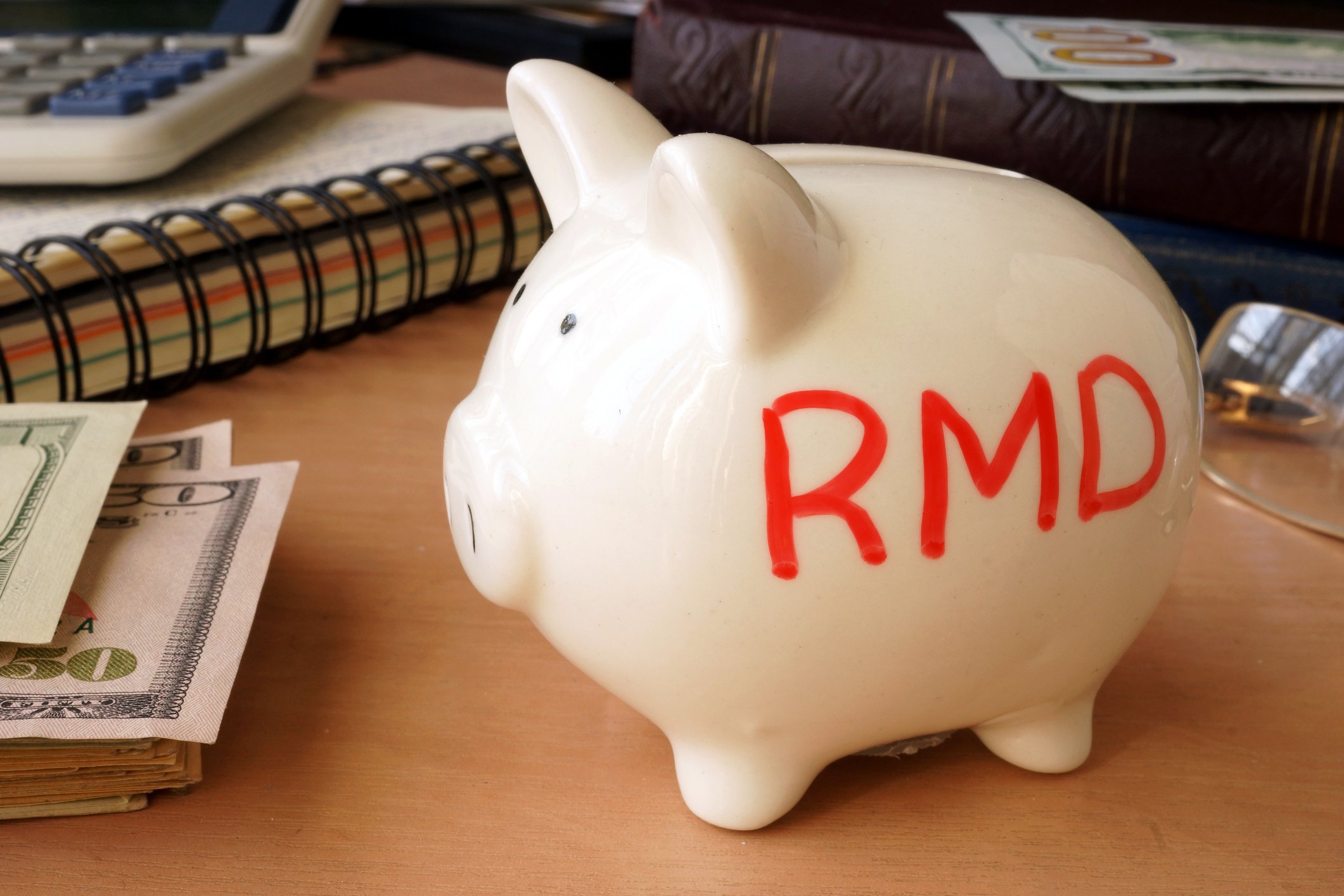Millions of seniors rely on Social Security to provide a large chunk of their retirement income, which is why claiming benefits strategically is so important. Those benefits are based on your 35 highest-paid years of wages, but the age at which you file for them could cause that number to shift.
If you file for Social Security at your precise full retirement age, you'll collect the exact monthly benefit your earnings record entitles you to. That age is either 66, 67, or somewhere in between, depending on the year you were born. However, seniors are allowed to claim benefits as early as age 62, and many go that route to get their hands on their money sooner. In the process, however, those same folks slash their monthly benefits by 25% to 30%, depending on their full retirement age.

IMAGE SOURCE: GETTY IMAGES.
On the flip side, only 4% of retirees delay benefits past full retirement age and file at age 70. Waiting to file increases benefits by 8% a year up until age 70, at which point delayed retirement credits no longer accrue. As such, 70 is typically considered the latest age to claim Social Security. But because so few seniors file at 70, retirees are losing out on an enormous sum of money -- $3.4 trillion, according to a new report by United Income. That breaks down into about $111,000 per senior household, and it's a lot of money for retirees to be giving up, especially since many enter their golden years with little to no personal savings.
If the idea of losing out on $111,000 in retirement income sounds preposterous to you, then there's a very simple solution: Delay claiming Social Security as long as you can, even if it means shifting some plans in the process.
It pays to wait
Not everyone can afford to delay Social Security benefits. If you lose your job in your early to-mid-60s, for example, and don't have savings to tide yourself over while you look for another one, then you may have no choice but to file for benefits at an age that's considerably younger than 70. Similarly, if health problems (your own or a loved one's) force you to leave your job, you may have to claim benefits at that point, even if you're years away from 70. But if you're healthy enough to work and your employer is willing to keep you on board, then extending your career could enable you to hold off on filing for Social Security until age 70, thereby snagging the maximum boost in monthly benefits in the process.
Of course, if you have a healthy level of savings, it may be possible to retire before age 70 but live off your nest egg for a few years and delay benefits in the process. Working part-time is also an option you can explore. The key, however, is to recognize the value of filing for benefits later in life -- or, to put it another way, to realize how much income you stand to lose out on by filing for benefits on the early side.
There is one thing to keep in mind if you're inspired to file for benefits later rather than sooner: This advice only applies if your health is good and you're likely to live a reasonably long life.
The reason? While delaying benefits might increase your Social Security income on a monthly basis, your goal should really be to increase that income stream on a lifetime basis. And if you pass away at a relatively young age, delaying benefits could cause you to lose out on lifetime income.
Imagine you're entitled to a monthly benefit of $2,000 at a full retirement age of 67. If you delay benefits until age 70, you'll increase each payment you collect to $2,480, but you'll collect 36 fewer payments. If you live until age 82 1/2, you'll break even with $372,000 in lifetime income regardless of whether you file at 67 versus 70. But if you pass away at age 76, which is relatively young given today's life expectancies, you'll wind up with more than $37,000 less in Social Security income by virtue of waiting until age 70 to file.
Therefore, be honest about the state of your health, because if it isn't good, you should think twice before delaying benefits. Otherwise, understand just how much money you stand to gain by waiting.





